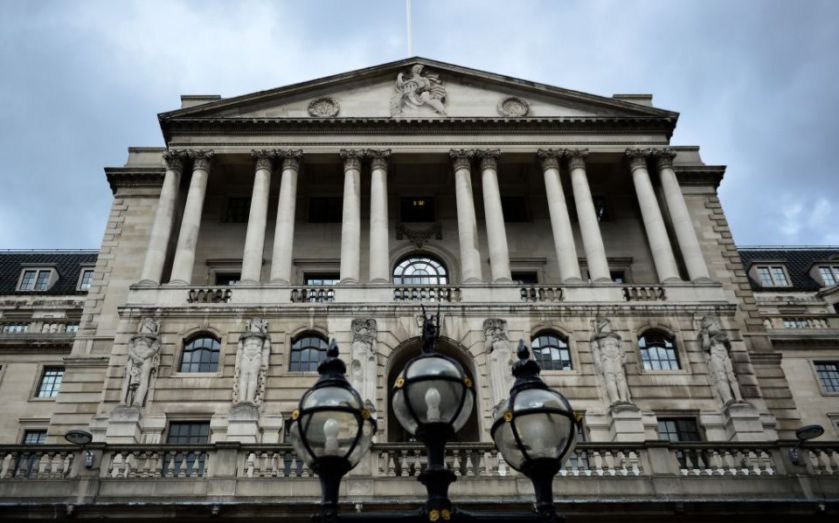Inflation has fallen below target: Should the UK be worried?

Lower price rises are a boost for the UK but something to be feared in Europe.
Why target inflation? Inflation is the increase in average prices in the economy over a period of time – normally a year.
It is calculated by looking at a typical basket of goods, and seeing how the price of the basket changes over time. The UK’s headline basket is the consumer price index (CPI).
The Bank of England targets inflation at two per cent annual growth with a one per cent margin on either side.
An inflation target with credibility allows households and firms to plan their finances years in advance.
What are the problems associated with inflation and why do we specify a two per cent target?
High and rising inflation risks eroding the value of people’s savings and incomes, especially if it is unexpected.
However, falling inflation can be a sign of consumers being unwilling to spend. Policymakers thus aim for a low but positive rate of inflation.
A low but positive inflation rate may also be beneficial as wages are “sticky” and often fail to fall if the demand for labour falls. By cutting wages in real terms, inflation can shore up job numbers.
What is good deflation and what is bad deflation?
The overall level of prices in the economy is determined by the balance between supply – the willingness of firms to produce – and demand – the willingness of consumers to spend.
Good deflation occurs when supply is boosted. This is caused by things like technological progress or an abundance of key commodities, such as oil.
Bad deflation comes from the demand side of the economy when consumers reduce their spending.
Consumers cut their spending when their income declines or when greater uncertainty causes them to hold on to more cash than otherwise.
Should I worry about deflation?
Many people have issued warnings over deflation in the Eurozone, so it may seem strange that the possibility of deflation in the UK is being touted as a positive occurrence.
The chart below of nominal GDP – GDP not adjusted for inflation – roughly represents total spending.
The Eurozone’s deflation is primarily the bad kind caused by weak spending. Spending in the UK has been stronger. Inflation in the UK is instead being driven down by oil prices which are diving due to a global supply glut.
“Low inflation driven by cheaper petrol, food and import costs is unambiguously a positive for the UK. It represents a big tax cut for consumers, who will be seeing real average earnings growth in excess of 1.5 per cent year-on-year within a couple of months,” said Rob Wood, economist at Berenberg investment bank.
